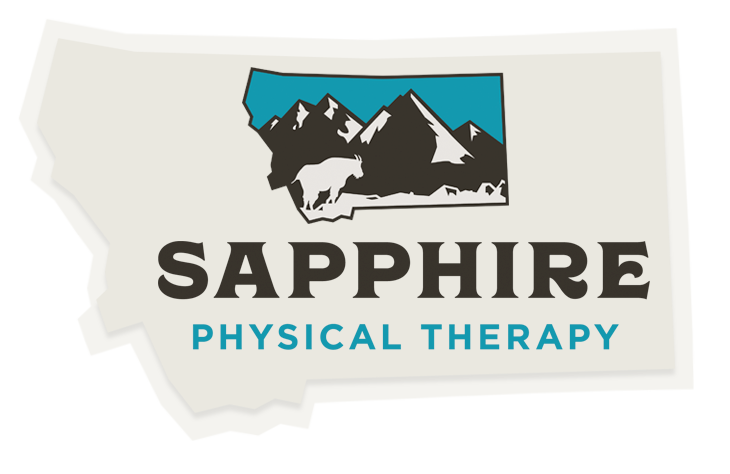Constipation: Tips and Tricks
Constipation is defined as having three bowel movements or less in a given week. It can be associated with other uncomfortable symptoms such as excessive straining, bloating or feeling of incomplete emptying following a bowel movement.1 There can be many causes of constipation, one of which being your pelvic floor health and function. Even if you have other health conditions that may be contributing to your constipation, there are different techniques you can try to make bowel movements come easier and more frequently.
Our pelvic floor is a group of muscles that lines our pelvis and controls urination, defecation and sexual health. It is important that these muscles are able to relax, not contract when having a bowel movement. This is especially important for people who have hemorrhoids, women who have given birth recently, or people who have had recent surgery in the abdominal cavity or pelvic region.
Developing safe and healthy toileting techniques are helpful for easing constipation symptoms. See the list below for tips and tricks on how to make bowel movements easier.
1. Toileting Position: When sitting on the toilet, use a step stool, stack of books or a Squatty Potty to aid in relaxing your pelvic floor muscles. Ideally, your knees are above your hips to create a downward slope.
2. Establish a Bowel Routine: It is important that we establish a routine if we are having trouble with our bowel movements.2 An example of this would be waking up at the same time each morning, drinking a cup of some sort of hot liquid (i.e. coffee, tea), going for a walk and then sitting on the toilet. It is important to not delay any urges and to ensure you are in a fully relaxed state when trying to have a bowel movement.
3. Abdominal Wall Massage: This is a technique used that has been shown to stimulate peristalsis (smooth muscle contraction of intestines).3 Starting at the lower right side of your abdomen, perform three clockwise circles and three counterclockwise circles, moving up and around your colon (see picture below). Try performing once in the morning and once in the evening.
4. Aerobic Exercise: Exercise, particularly aerobic exercise, that is completed consistently is important for our bowel health.4 As if we needed more evidence to exercise, easing constipation is yet another benefit for getting our heart rates up.
Written by: Evie Tate, PT, DPT
REFERENCES:
1Bharucha AE, Lacy BE. Mechanisms, Evaluation, and Management of Chronic Constipation. Gastroenterology. 2020;158(5). doi:10.1053/j.gastro.2019.12.034
2Reale, J. 2021. Lecture Presented: Rehabilitation of Constipation. Herman and Wallace. February 2021. Bozeman, MT.
3Sinclair M. The use of abdominal massage to treat chronic constipation. J Bodyw Mov Ther. 2011 Oct;15(4):436-45. doi: 10.1016/j.jbmt.2010.07.007. Epub 2010 Aug 25. PMID: 21943617.
4Gao R, Tao Y, Zhou C, Li J, Wang X, Chen L, Li F, Guo L. Exercise therapy in patients with constipation: a systematic review and meta-analysis of randomized controlled trials. Scand J Gastroenterol. 2019 Feb;54(2):169-177. doi: 10.1080/00365521.2019.1568544. Epub 2019 Mar 7. PMID: 30843436.



